Computing
Our children will be confident creators equipped with the skills to adapt to a range of ever-advancing technologies. They will leave us as responsible, respectful and safe members of an online community.
“Technology can become the “wings” that will allow the educational world to fly farther and faster than ever before— if we will allow it.” – Jenny Arledge.
Intent:
At Knightwood, we know that computing and digital technology is going to play a pivotal role in our children’s lives and as a result, we aim to develop ‘thinkers of the future’. We aim for our children to be digital creators rather than just consumers when using technology and to equip them to navigate the rapid and extraordinary changes taking place in digital technology effectively and safely.
Our curriculum, encompassing computer science, information technology, digital literacy and online safety, is progressive, ambitious and carefully sequenced. Children know that they need to face and overcome challenges in computing lessons; they accept that they will fail, will need to persevere and develop skills as logical, computational thinkers. We offer children access to a wide range of software, platforms and devices to help them, using technology as a tool for both creativity and learning.
We want our children to be active participants in the digital world, whilst ensuring they are respectful, responsible and confident users. Children will constantly be made aware of measures they can take to keep themselves, and others, safe online. As a school, we utilise technology (including social media) to model positive use; we recognise that the most effective prevention for issues regarding technology is education. Our curriculum is knowledge-rich but also provides the children chance to apply their computing skills, which will, in turn, allow children the opportunity to become budding computer scientists.
Implementation:
How will we achieve this?
Our children follow a carefully structured computing curriculum which has been designed to ensure children know more, do more and remember more as they progress through our school. Our content is supported by advice, requirements and guidelines presented in the National Curriculum and the Teach Computing scheme built by The NCCE (The National Centre for Computing Education). Our curriculum is built around three strands of learning:

Impact:
Our Computing curriculum is fun and enjoyed by learners, well-resourced and planned to demonstrate progression through Key Stage 1 and 2. We measure the impact of our curriculum by reflecting on standards achieved against the planned outcomes; celebrations of learning which demonstrate progression across the school and tracking of knowledge in pre- and post-learning activities and pupil discussions about their learning. We know that our children are well-equipped to start secondary school







